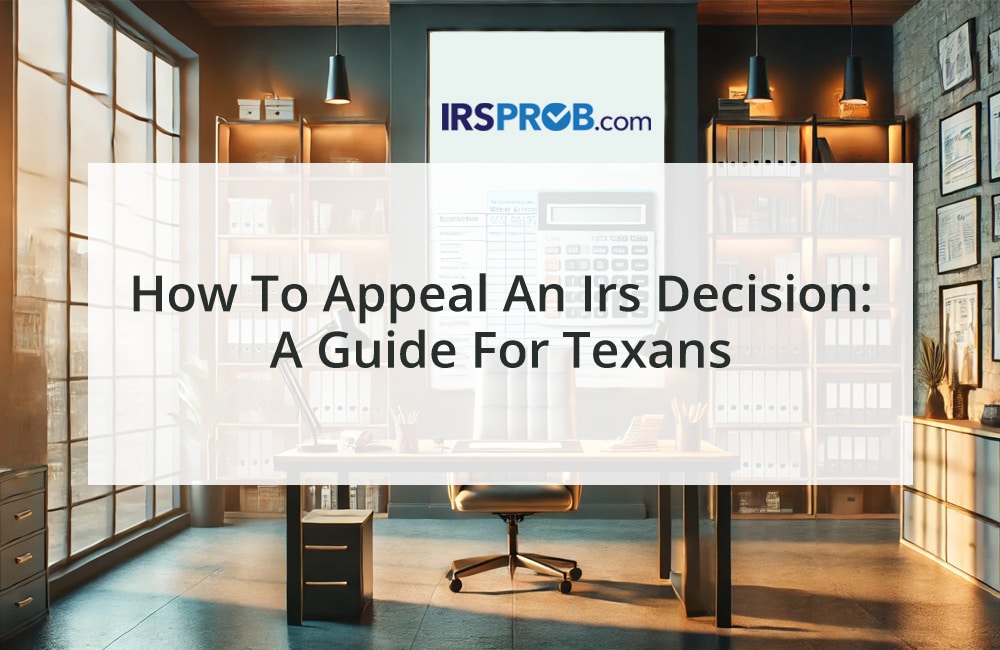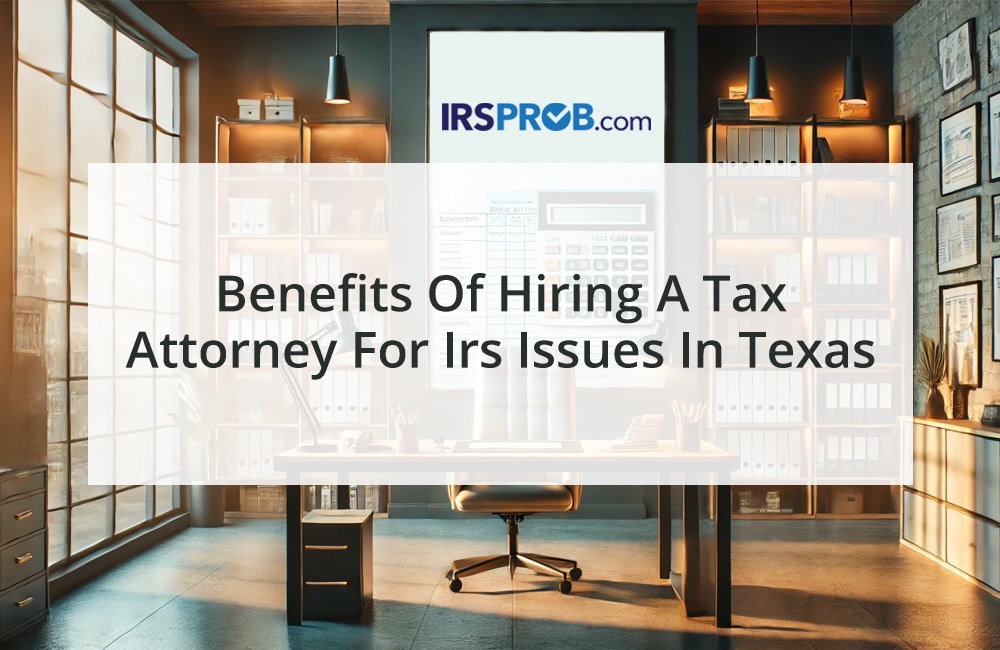[vc_row][vc_column][vc_column_text]
Recent changes in the tax code have done much to destroy your benefits from church and other tax-deductible 501(c)(3) donations.
But there’s a way to donate the way you want, get revenge on the tax code, and realize the
tax benefits you deserve. This get-even tool is the donor-advised fund, an increasingly popular way to donate to your church and other 501(c)(3) organizations.
A donor-advised fund is not a separate charitable entity. It is a charitable giving account you establish with a “sponsoring organization,” which must be a Section 501(c)(3) organization.
With a donor-advised fund, you make a charitable gift of cash or property to an account maintained by the fund. The fund—not you—owns and controls the assets in the account. But you control to whom and when the fund
disburses the money.
Anyone can open a donor-advised fund account. In contrast, given the costs involved, experts say you need at least a $10 million to $15 million contribution to make a family charitable foundation worthwhile.
It’s easy to establish a donor-advised fund account. You choose a charitable sponsor, complete an application (ordinarily online), and make your initial contribution.
You can always donate cash, including money in IRAs and 401(k)s, to your donor-advised fund account. But many donor-advised funds also accept non-cash donations, including
stocks, bonds, and mutual fund shares
real estate
privately owned company stock
LLC and limited partnership interests
Bitcoin and other cryptocurrency, and
life insurance.
Whether you contribute money or property to a donor-advised fund, your contribution is an irrevocable charitable gift. The sponsoring charity now owns the gifted assets, and you can never get them back. The donor-advised fund must give you written acknowledgment of this fact.
If you donate property such as private company stock, real estate, or Bitcoin with a value over $5,000, you need to get an appraisal. This is not required for publicly traded stock or other securities.
After making the initial contribution, you have near total flexibility on how much to contribute to your donor-advised fund in future years. There is no legal requirement that you make any additional donations after you establish a donor-advised fund. You can donate as much or as little as you want each year. Most donor-advised funds do not have annual minimum contribution requirements.
A contribution to a donor-advised fund account is treated much the same as a donation to your church, a school, or other 501(c)(3) organizations. It is deductible in the year made. But there is an annual limit on how much you can deduct for all your contributions to charity, whether through a
donor-advised fund or otherwise. For 2022, the limits are as follows:
For cash contributions, the limit is 60 percent of your adjusted gross income.
For property contributions, such as corporate stock, it’s 30 percent of your adjusted gross income.
You are able to deduct your charitable contributions only if you itemize your personal deductions on your tax return instead of taking the standard deduction.
A donor-advised fund account can be very helpful if you come into a large sum of taxable money in a single year and enter an especially high tax bracket—for example, when you sell your business or enjoy substantial investment
returns. You can establish a donor-advised fund, deduct the full amount of your contribution that year at your high tax rate, and then distribute the money to charity over any number of future years.
A donor-advised fund is a charitable giving account established with a tax-defined charitable sponsor. You find such funds at Fidelity, Schwab, and other investment houses, along with some national Section 501(c)(3) organizations such as the Red Cross.
The money or property donated to a donor-advised fund account is owned and controlled by the charitable sponsor, not you (the giver). But you generally direct the distribution of the funds from general accounts such as those at Fidelity to your church, a school, or other local or national 501(c)
(3) organizations.
Donor-advised fund account contributions are deductible in the year they’re made, up to annual charitable contribution limits. There is no legal requirement to donate a minimum amount to a donor-advised fund in any year after the account is established.
The assets in a donor-advised fund account grow tax-free until they are distributed as grants to charity, but there is no legal requirement that a minimum amount be distributed in any year. This enables you to obtain an immediate tax deduction for your donor-advised fund contributions while
spreading your gifts to your church and other 501(c)(3) charities over many years.[/vc_column_text][us_image image=”2649″][/vc_column][/vc_row]







